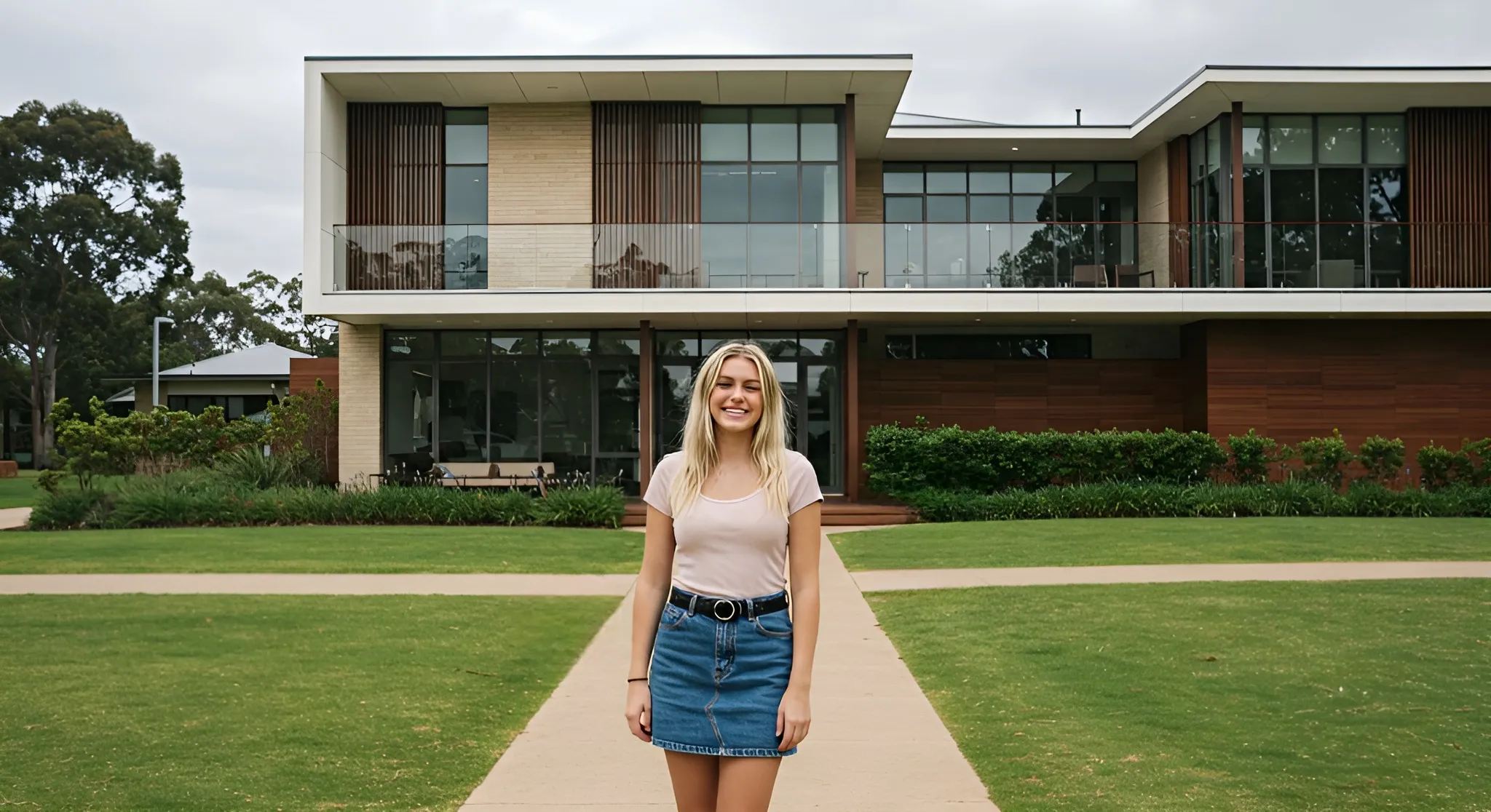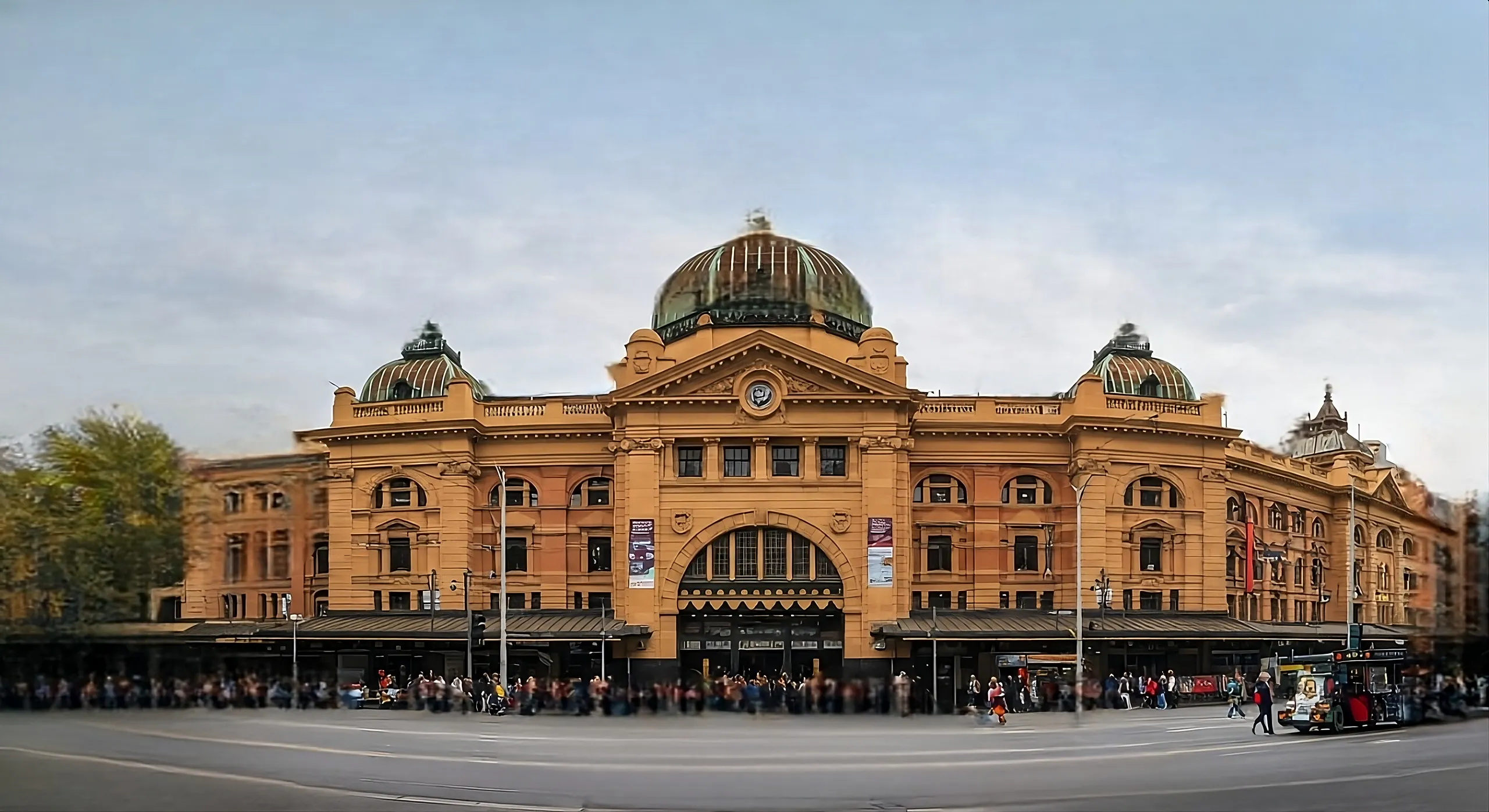
Property ownership in Melbourne comes with real responsibilities and consequences if you mess it up. It’s also about navigating a tax system. With Australia’s property market now worth over $10 trillion and more than two million Aussies owning investment properties, the stakes have never been higher.
The catch? Nearly 86% of rental property owners make mistakes on their tax returns, according to the ATO, costing them thousands or putting them on the wrong side of an audit. In a city where every dollar counts, especially with Melbourne’s ever-increasing property taxes, even small errors can make a big difference.
Tax time in Australia can feel as stressful as trying to find a parking spot on Chapel Street on a Saturday night—tight, awkward, and full of surprises. The good news is, you don’t have to go through it alone. That’s why accountants Melbourne are like your GPS through Melbourne’s complex real estate tax landscape. They won’t just help you avoid the wrong turns—they’ll show you hidden shortcuts too.

Let’s break down the most common tax mistakes property investors in Melbourne are making (yes, even the seasoned ones), and how a solid accountant can save your bacon—and your bottom line.
1. Repairs vs. Improvements: Stop Guessing
Let’s start with the classic mix-up: calling a kitchen renovation a “repair.” It’s not.
The Australian Taxation Office (ATO) audited hundreds of rental property claims in 2019 and found nearly 90% of them had errors. A big chunk? People claiming capital improvements—like replacing a roof—as immediate repairs.
How your accountant helps: They know what goes where. That leaky pipe? Immediate deduction. That full bathroom overhaul with a spa bath? Spread it out over several years. With the ATO stepping up its data-matching game, misclassifying expenses isn’t just a mistake—it’s a red flag.
And with Melbourne’s median dwelling value dipping 1.4% in 2024, lots of owners are rushing to renovate. Just make sure you’re not gifting the ATO a reason to knock.
2. Interest Deductions
About 80% of landlords claim loan interest deductions, but here’s where things go sideways—mixing personal and investment use.
Refinancing to cover a Tesla? Cool. But don’t expect the tax office to see that as a “property expense.”
How your accountant helps: They go line by line through your statements, cutting out non-deductible fluff. That beach house loan top-up or Europe trip? Not deductible. The portion used solely for your investment property? That’s where you get the win.
And with Victoria’s land taxes and new investor levies introduced in 2024, more people are refinancing. That means more opportunities for costly mistakes.
3. Depreciation: The Tax Deduction Most People Miss
You’d be surprised how many investors leave money on the table by ignoring depreciation.
According to CoreLogic, unclaimed depreciation can cost investors thousands every year. Think carpets, appliances, air cons—even the building itself. If it wears out, it probably depreciates.
How your accountant helps: They’ll work with a quantity surveyor to create a depreciation schedule so detailed it would make a spreadsheet cry. A typical $750,000 property might generate $5,000–$10,000 in annual deductions depending on its age and features.
In Melbourne, where rental yields jumped 9.7% in 2024 but still trail cities like Perth, every bit of extra cash flow matters.
4. Record-Keeping: No More Shoeboxes
The ATO doesn’t care if your dog ate the receipts.
In 2021, over 70% of rental property returns needed corrections because of poor records. That means missed deductions and, worse, exposure to penalties.
How your accountant helps: They’ll set you up with tools to track every expense—think cloud software, not crumpled paper. Property management fees, repairs, advertising, Airbnb income—it’s all got to be clean and traceable.
Especially now. With Melbourne’s ultra-tight rental market (vacancy rate just 1.3% in 2024), more landlords are going short-term. And guess what? The ATO is watching platforms like Airbnb very closely.
5. Capital Gains Tax: It’s More Than Just Math
Selling an investment property triggers CGT, but many investors trip over the basics. Forgetting to include stamp duty or legal fees in your cost base? That’s leaving money behind. Misapplying the 50% CGT discount? Even worse.
How your accountant helps: They’ll calculate your cost base down to the cent, apply relevant exemptions, and make sure foreign investors don’t get burned. With the 15% foreign resident CGT withholding tax kicking in from January 2025, getting it wrong could cost tens of thousands.
Melbourne’s property prices are still 5.1% below the March 2022 peak. If you’re selling now, every tax dollar counts.
6. Missing Deductions: It’s Death by a Thousand Cuts
In the 2019–20 tax year, Aussies claimed a jaw-dropping $38 billion in rental deductions. But that number could’ve been higher—many missed the basics: insurance, strata fees, council rates, tenant advertising.
In Victoria, where there are over 16 property-related taxes, not claiming every dollar is like setting fire to your refund.
How your accountant helps: They’ll squeeze every legitimate deduction out of your portfolio. Body corporate fees, pest control, cleaning costs—it all adds up. In a market where investors are second-guessing their future in Melbourne, this is how you stay in the black.
So, What’s the Real Takeaway?

Melbourne’s property market in 2025 is complicated. Prices are flat. Taxes are up. Investors are eyeing Queensland and Perth like they’re the promised land. But for those who stay, there’s opportunity—if you’re smart about it.
A good accountant isn’t just someone who files your return. They’re your strategist. Your compliance coach. Your hidden weapon against rising costs and ATO overreach.
So before you tackle your taxes, do what any smart Melburnian would do before starting their day: get a proper flat white, sort your paperwork, and call your accountant.
Your future self (and your tax refund) will thank you.




